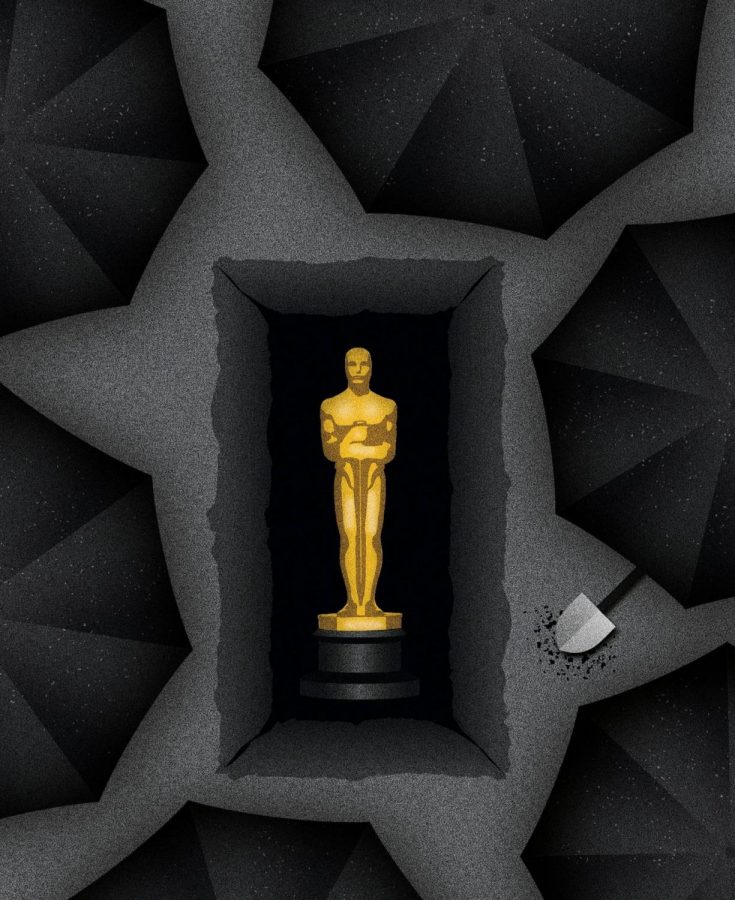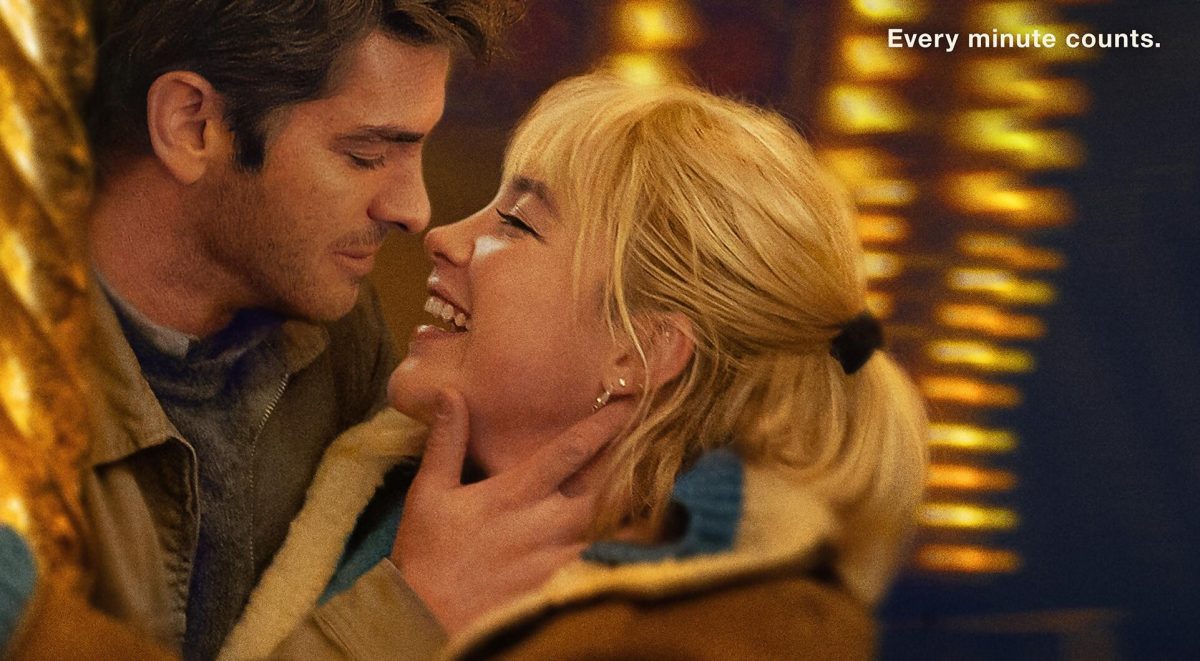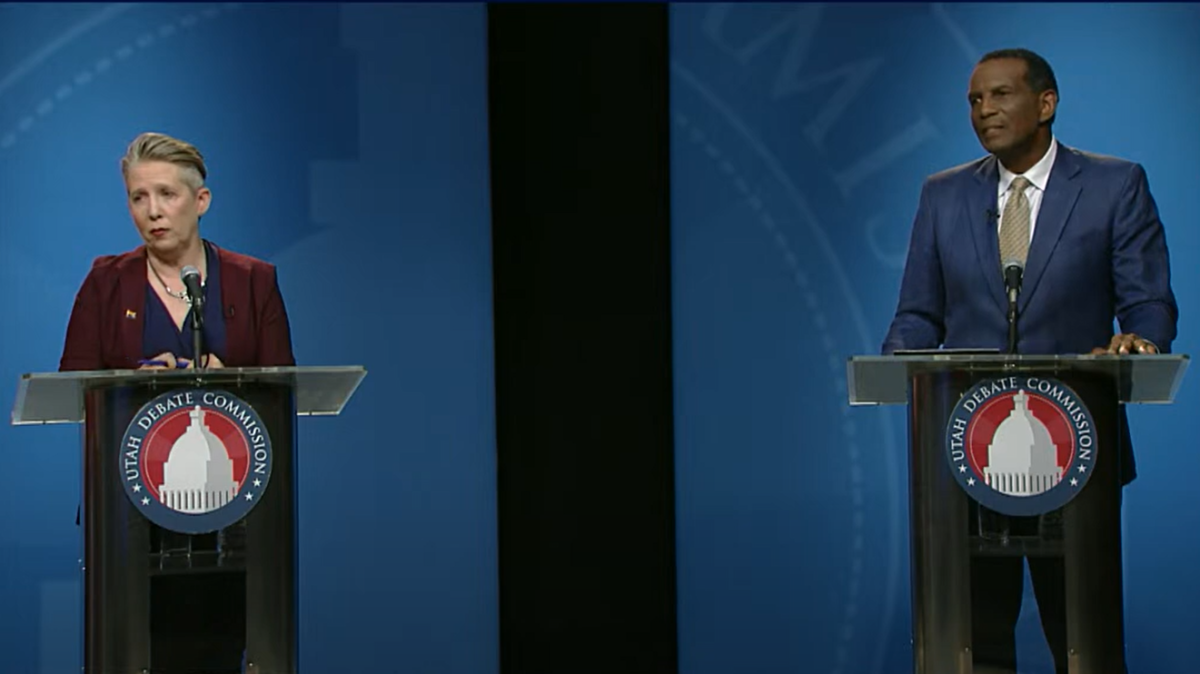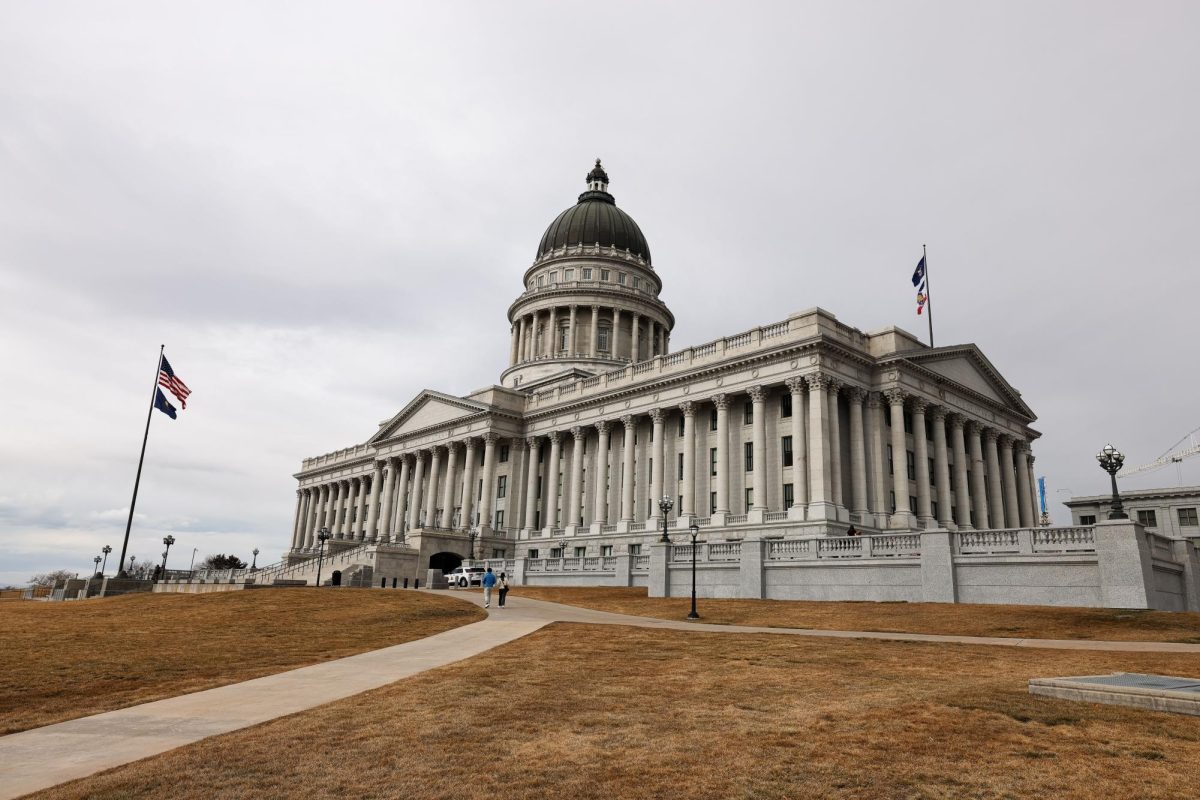Do We Still Need Awards Shows?
April 25, 2021
The season of awards shows typically takes place during the first few months of each year. During this time, there is usually a lot of buzz about who has been nominated, who has been snubbed and who is expected to win. Excitement builds surrounding the anticipation of finding out what movies, shows or albums have been recognized for their excellence. Sometimes, planned performances also draw significant attention to an awards show if a popular artist is slated to make an appearance. There tends to be a lot of hype before an awards show, and some of these emotions may persist afterward if an especially poignant film — or another piece of art — receives recognition or makes history with the awards it receives.
For the most part, however, the duration of an awards show is saturated with lots of time spent waiting for announcements of winners. This time is usually filled with faux excitement designed to keep the viewer watching, or interviews on the red carpet consume the screen with sexist interrogations of “Who are you wearing?” The actual content of many awards shows detract from the artworks that the program is supposedly celebrating.
Declining Viewership
Personally, it has been a long time since I have tuned in to watch an awards show. This choice may be due to the fact that I do not have cable TV, but even when I’ve heard about live-streamed versions of awards shows, I have not been interested in spending the time to tune in to them. Don’t get me wrong, as a fan of the arts, I am always intrigued in finding out what artworks have been nominated for awards, and I am always curious to find out who the winners are. I love looking through the lists of nominees to figure out what movies or albums I have seen or listened to, and the list of nominees can also offer some good arts recommendations. I will occasionally watch a few acceptance speeches or performances after an awards show has aired so that I can skip to the parts I want to see — but I am not particularly interested in tuning in for the entire duration of an award show.
Just as my own habits indicate, the viewership of awards shows has been declining in recent years. In 2021, the Golden Globes, Grammys and Emmys hit record lows in viewership. Awards shows have failed to adapt to the streaming era. They are a leftover byproduct of an age in which everyone consumed the same media. Now, people watch more content than ever before, but with the proliferation of streaming services, people have the freedom to watch what they want to — there’s no need to pick what is popular. With the liberty to stream whatever you want, it’s possible that many viewers might not have heard anything about certain award show nominees. The digital world facilitates personal echo chambers that can extend to everything from politics to what movies you watch or are aware of.
A Problematic Lack of Diversity
In conjunction with failing to adapt to an online world, awards shows have also failed to welcome diversity in both the committee members and the artworks that are nominated or awarded. The 2021 Golden Globes have been criticized for not having a single Black member in the 87-person organization. In 2015, #OscarsSoWhite went viral and called attention to the white-washing of the film industry. Yet, despite widespread controversy and criticism regarding the lack of diversity in awards shows, these problems have not been addressed on a systemic level.
At the 2021 Grammys, many music fans expected The Weeknd to receive multiple nominations given the success of his 2020 album “After Hours” and the global popularity of his single “Blinding Lights.” The Weeknd ultimately received zero nominations and vowed to boycott the Grammys until they abolish the “secret committees” that make nomination and award decisions. Other artists have similarly criticized the Grammys for their lack of transparency and outdated practices. These popular award shows have deep histories in sexist and racist practices, but until these problems are recognized as systemic and pervasive, no substantial change can occur.
The Future of Awards Shows
There have been speculations about how to successfully host an award show during the pandemic, but I think the problems we have seen in 2021 are symptomatic of a larger problem with the structure of award shows as a whole. Because of the pandemic, award shows now have to consider streaming-based releases for nominations when they would previously be completely excluded from any award considerations. By and large, award shows have not properly adapted to our current world that values diversity and digital access.
Unless radical changes are made to the academies and organizations that determine nominations — and unless the actual content of an awards show also changes — I do not see the award show surviving much longer in the digital age. Awards are still necessary to recognize and celebrate the art world, but our current systems have consistently failed to properly address the works that artists have been producing. Great content is out there, but our current options for award shows seem locked into outdated modes of thinking.








